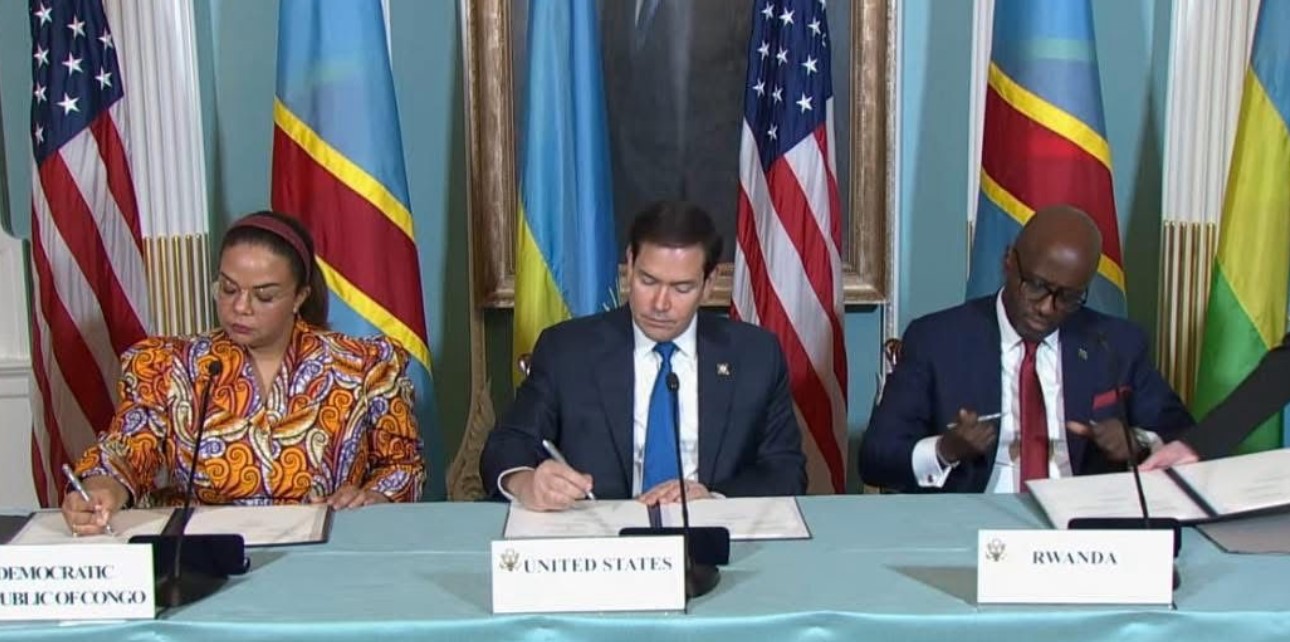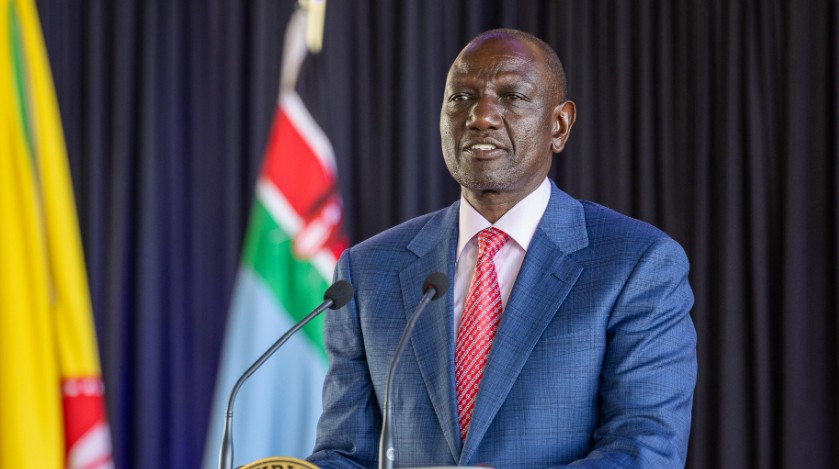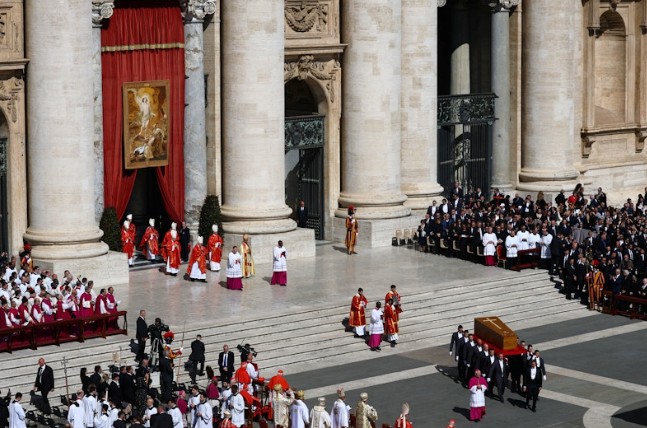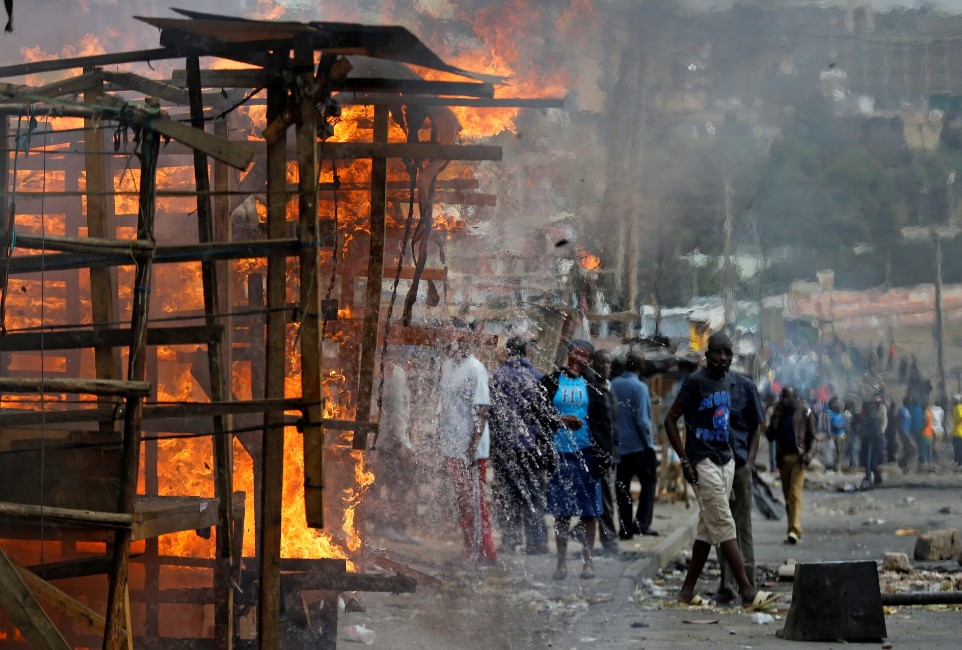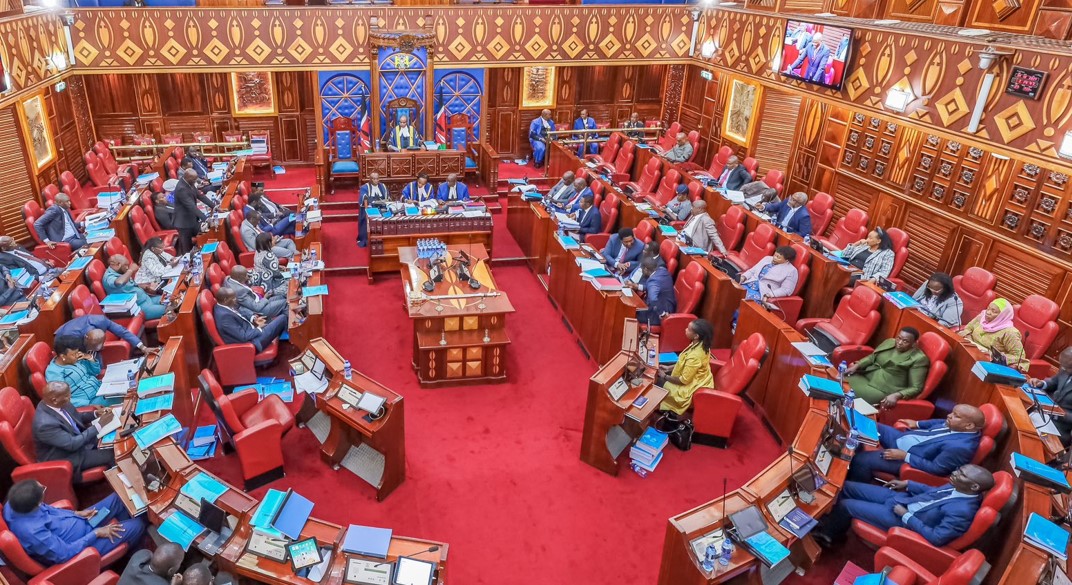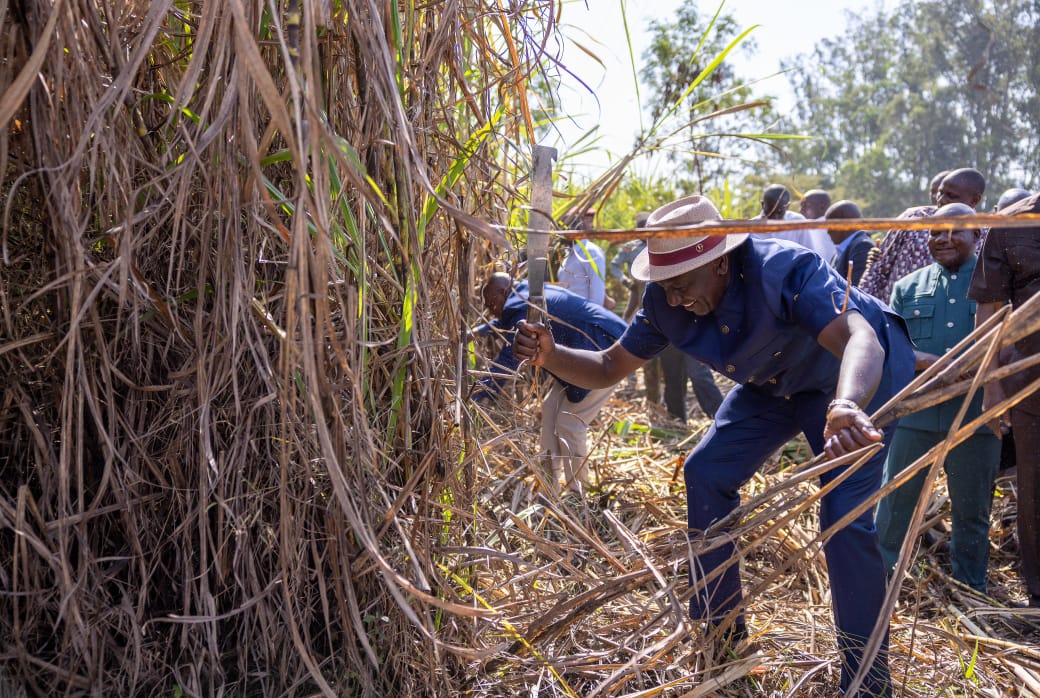Eastleigh residents begin early Ramadan preparations amid rising food prices
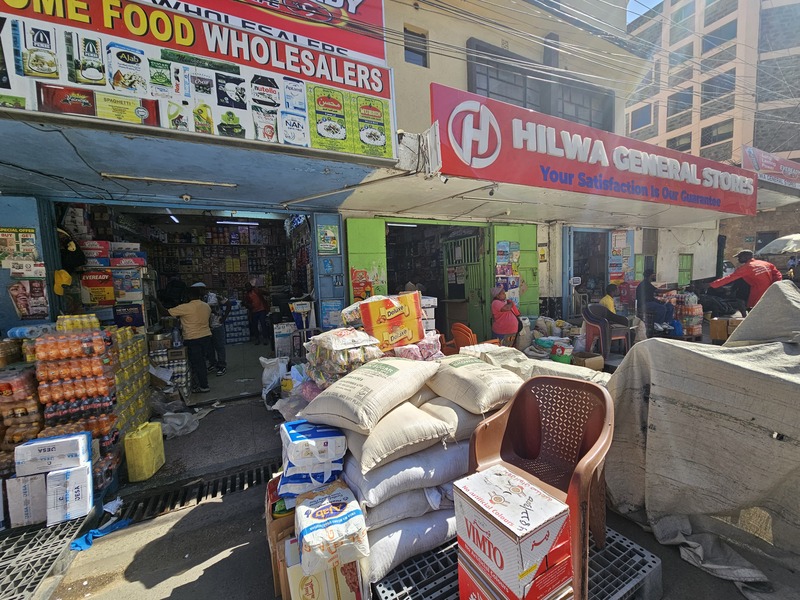
During the month, Muslims abstain from eating and drinking from dawn to dusk, dedicating themselves to extra prayers and spiritual reflection.
With less than ten days until the beginning of the holy month of Ramadan, residents in Eastleigh have already begun preparations by shopping and stocking up on food items before prices increase.
Many shoppers are purchasing essential foodstuffs in bulk, anticipating the usual surge in prices that occurs as Ramadan approaches.
More To Read
- Children falling into sewage- Eastleigh residents decry deplorable condition of Seventh Street
- Eastleigh’s beloved ‘bun’: A roasted, spiced coffee tradition steeped in culture and care
- Tenth and Eleventh streets in Eastleigh deteriorate despite recent tarmacking
- Traders, commuters voice concerns over raw sewage on Eastleigh's Athumani Kipanga Street
Food stores in Eastleigh have seen an increase in customers as people prepare for the month of fasting.
Business owners are reporting higher sales as demand for staple products rises. Many shoppers prefer to buy early to avoid last-minute price hikes and crowded markets.
Zamzam Qasim, a mother of two who was shopping at the food stores on 14th Street on Wednesday, noted that food prices typically increase as Ramadan nears, prompting her to purchase items in advance.
"In the coming days, most of these products will be more expensive. I came to shop early because I am not a last-minute person," she said.
Shop owners confirm that customer numbers have been steadily increasing.
Fuad Hassan, who runs one of the stores, said that over the past few days, he has observed more shoppers, many of whom are stocking up for Ramadan. He expects even more customers in the coming week as many families will have received their monthly salaries.
"In the next few days, we expect more shoppers because from next week, families will be receiving their monthly bills," he said.
Some shoppers are more concerned about avoiding traffic congestion than price increases.
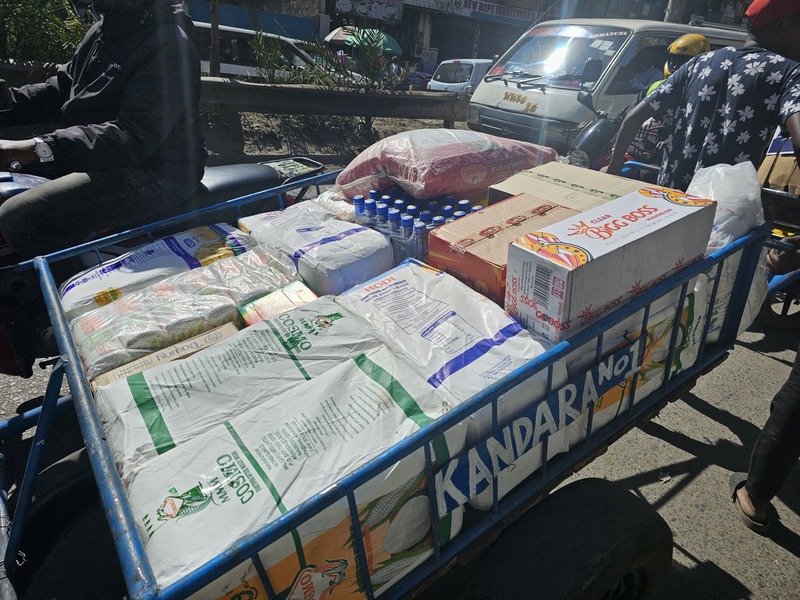 Some of the foodstuff purchased by a client being transported on a cart. (Abdirahman Khalif)
Some of the foodstuff purchased by a client being transported on a cart. (Abdirahman Khalif)
Asha Abdullahi, who was shopping at Khaire Wholesalers on General Wariungi Street, said she wanted to avoid the last-minute rush.
"There will be more people coming to shop in the coming days. Pricing is not an issue for me," she said.
One of the most in-demand products is dates, which are traditionally consumed to break the fast during Ramadan.
Currently, a ten-kilogramme package of dates costs Sh2,350 in food wholesalers on 14th Street, but some vendors are selling it for Sh2,500. Prices are expected to rise further, potentially reaching Sh3,000 as Ramadan approaches.
Other staple foods such as wheat flour and rice are also in high demand. Ajab brand wheat flour is currently being sold for Sh1,950 for a 24-kilogramme package, but shopkeepers anticipate an increase to Sh2,200 in the coming days.
Hamza brand rice, which is popular in Eastleigh, is currently going for Sh4,350 for a 25-kilogramme package, with a potential increase to Sh4,700.
As the month of Sha'baan draws to a close, Muslims worldwide are preparing for Ramadan, a time of fasting, prayer, and reflection.
The beginning of the fasting period is determined by the sighting of the crescent moon, which marks the first day of Ramadan.
During the month, Muslims abstain from eating and drinking from dawn to dusk, dedicating themselves to extra prayers and spiritual reflection.
Some residents of Eastleigh have already been fasting in the days leading up to Ramadan, a practice considered beneficial for spiritual preparation.
Sha'baan is regarded as an important month in the Islamic calendar, though it is often overlooked as it falls between Rajab and Ramadan, two of the four sacred months in Islam.
Religious scholars emphasise that Sha'baan should be used as a time to prepare for Ramadan.
Prophet Muhammad (pbuh) recommended fasting on the 13th, 14th, and 15th of Sha'baan, or at least on the 15th, to prepare for the upcoming month of fasting.
The 15th night of Sha'baan, known as Mid-Sha'baan, holds religious significance and is observed as the Night of Forgiveness or Night of Salvation, known as Shab-e-Barat. It is believed to be a night when prayers are accepted and sins are forgiven.
Top Stories Today




